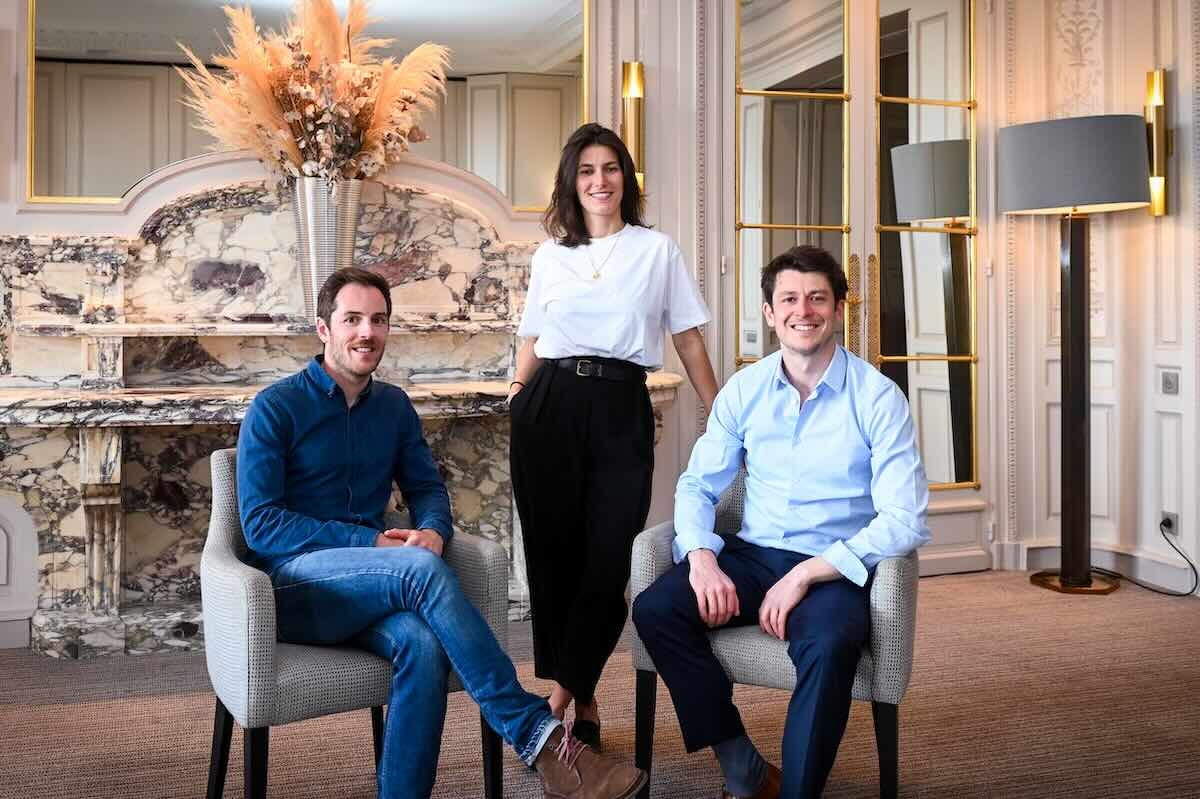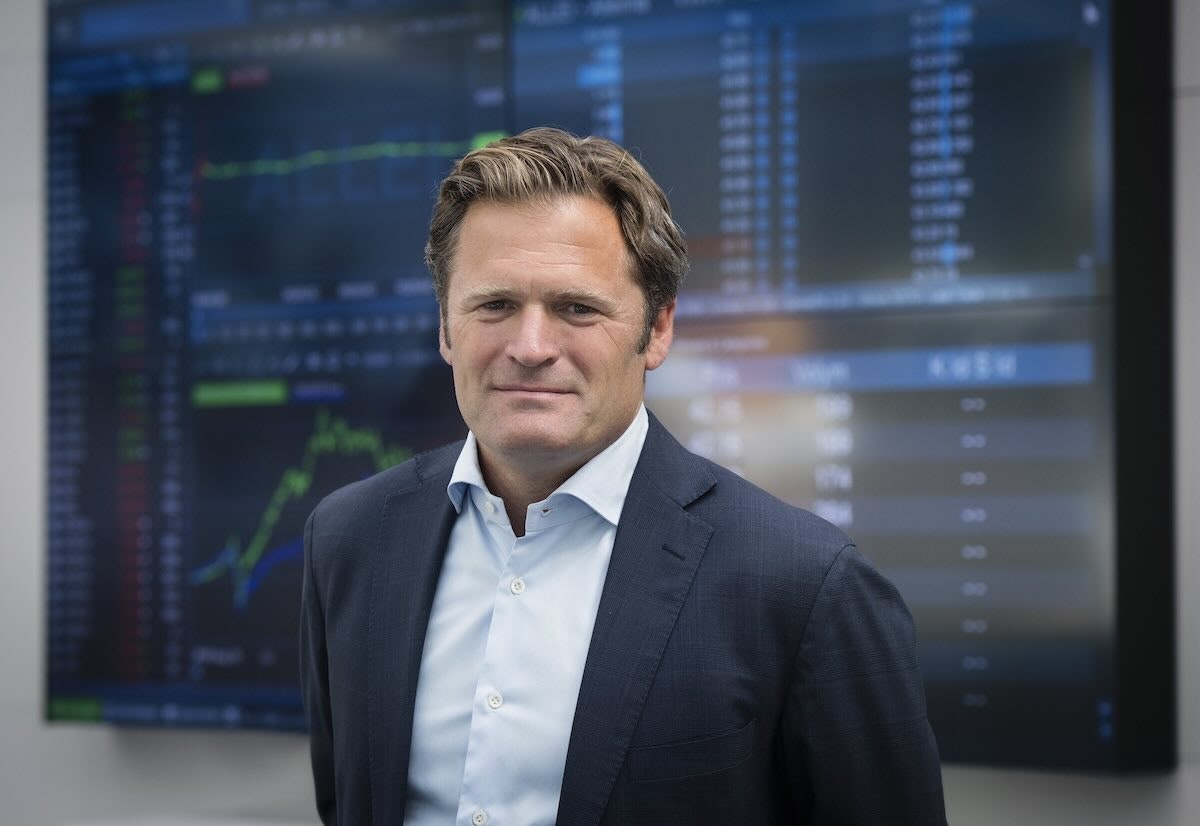From the telephone to penicillin, Scotland has long been the birthplace of innovation. This history is embedded in the country’s startup ecosystem.
One significant Scottish scaleup success story is Skyscanner — formed in Edinburgh in 2003 and sold to Chinese firm Ctrip for $1.75bn in 2016. Other successes include SaaS company Evotix and healthtech Current Health, which sold to Best Buy for $400m in 2021.
We looked into what makes Scotland attractive to investors — and how space and fintech companies are leading the way.
An attractive investment
Businesses in Scotland have rarely experienced an influx of easy money from private equity investors, partly due to the country’s geographical position, according to Stuart Hendry, senior partner at MBM Commercial. The law firm is one of the organisations behind Invest2Scale, a one-day event in Edinburgh on October 31 that hopes to boost the Scottish scaleup ecosystem.
“Instead, many Scottish companies have managed to achieve scale with relatively modest investment levels by adopting a disciplined, lean and data-led approach in running their business,” says Hendry. “In the current market where investment funds are restricted, that ethos is highly attractive to private equity houses and venture capitalists.”
Hendry adds that global investors see great value in Scotland’s universities — which include the University of St Andrews and the University of Edinburgh, as well as its collaborative economic ecosystem, including Scotland’s angel network, which has been instrumental in supporting startups.
Made for fintech
Scotland has the second largest fintech cluster in the UK, and Edinburgh is also the second largest financial centre in the UK.
Thomas Gillan is CEO at Edinburgh-based BR-DGE, a payment orchestration platform that optimises the cost and efficiency of end-to-end payment journeys, and an attendee of this year’s Invest2Scale event.
Gillan says there are great initiatives supporting fintech scaleups in Scotland, including FinTech Scotland, which draws on the depth of experience of different partners from financial services and uses that to create a programme of support and network to fintechs.
He says boosted awareness of the sector created by such initiatives helps the talent pipeline in Scotland, too.
“The startup and scaleup ecosystem that's built around technology incubator CodeBase has a fintech theme within it,” says Gillan. “It's really localised and there are a lot of good companies involved and great people within them.
“There's a local community that really gets behind investing in Scottish funds and Scottish companies through angel syndicates too."
Watch this space
The space sector in Scotland is growing faster than anywhere else in the UK, says Hendry — Glasgow manufactures more small satellites than any other city in Europe.
“Space and aerospace companies investing in Scotland find a strong industry cluster supported by a supply chain with extensive experience in advanced engineering,” he says.
If you look at the academic institutions, innovation centres and organisations that exist within that central belt area of Scotland, it’s a superpower
For example, spacetech scaleup Krucial is a digital solutions provider that creates access to mission-critical data for industries with remote and hard-to-reach assets. Krucial, another attendee of this year’s Invest2Scale event, launched in 2018 in a Glasgow-based incubator that was supported by the UK Space Agency, University of Strathclyde and Glasgow City Council — and the company still calls Glasgow home.
Allan Cannon, CEO and cofounder at Krucial, says Scotland as a space ecosystem is maturing quickly. Over the course of the next three or four years, he expects to see more breakout companies that achieve scale within the ecosystem — and hopes Krucial is one of them.
Cannon says the business accessed a lot of grants early on through Scottish Enterprise (Scotland’s economic development agency) and education through its universities — noting a particularly strong relationship with the University of Strathclyde and its business school. It is also supported by them as an investor.
“We've really benefitted from the ecosystem in terms of the support that's available, so it's been a very positive journey for us,” says Cannon. “At the moment, we’re getting a lot of support from Scottish Development International, who are helping us look at how we grow internationally, how to export internationally into some of the key markets that we're looking at and are also helping us to attract investment from international investors.”
Cannon adds that Glasgow and Edinburgh being well connected means that founders can operate across both cities almost seamlessly.
“If you look at the academic institutions, innovation centres and organisations that exist within that central belt area of Scotland, it’s a superpower,” says Cannon. “Add in the fact that we're churning out over a quarter of a million experienced graduates into the market too, and that’s huge for businesses looking for talent.”
“Shouting from the rooftops”
Gillan is passionate about Scotland being a base to achieve something incredible — he says companies can often be underrated because the founders aren't necessarily “shouting from the rooftops” about achieving the last valuation or talking about employee headcount.
Rather than thinking that we're going to build a big Scottish company, we aimed to build a big global company from the start and brought in advisors who had international experience and were international in their outlook
“Maybe we could learn from some of the approaches of those in California or London [on] how to be bolder about ambitions — and really talk about shooting the lights out, what success looks like and then celebrating it,” says Gillan. “[Scottish] leaders of startups and scaleups could be bolder and louder, and more international in our ambitions while basing them out of Scotland.”
This is a sentiment shared by Cannon, who believes Scottish businesses should adopt a global approach to their strategies.
“Rather than thinking that we're going to build a big Scottish company, we aimed to build a big global company from the start and brought in advisors who had international experience and were international in their outlook,” he says. “I would encourage more companies to do the same.”
The scaleups in this article — along with several others — will be attending Invest2Scale, a one-day event in Edinburgh on October 31 that hopes to boost the Scottish scaleup ecosystem. Find out more here.




